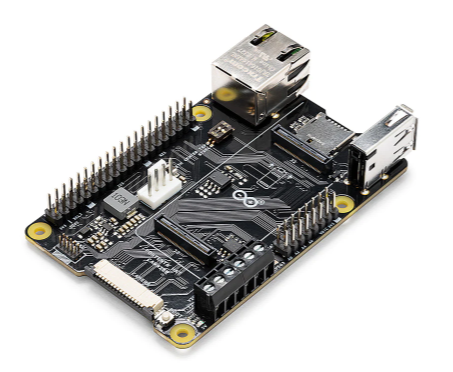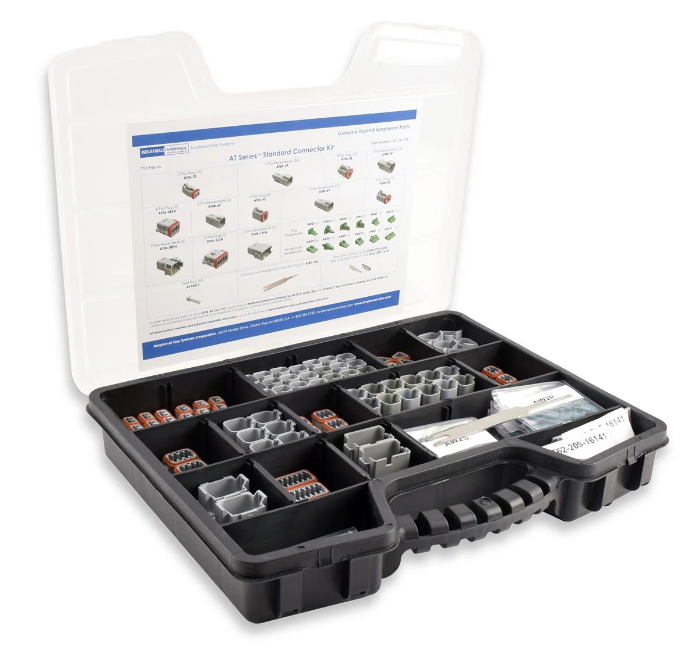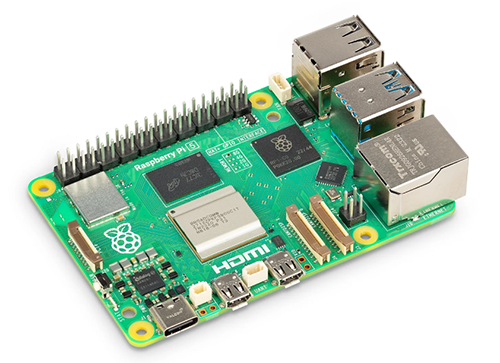MSO boasts four or eight analogue inputs
The DLM5000 is a new generation mixed signal oscilloscope from Yokogawa with options for four or eight analogue inputs.
The oscilloscope is the successor to the previous 8-channel DLM4000 model.
With redesigned hardware, the DLM5000 offers major improvements in both performance and operability, including a sampling rate double that of the DLM4000.
Designed to be adaptable and flexible, the DLM5000 meets the exacting needs of companies in industries such as mechatronics, power electronics, automotive, aerospace, railway and consumer electronics.
It is ideal for developing high-performance and intelligent power-semiconductor technologies and mechatronics applied in modern electric vehicles, motor controls and energy efficient electronic designs.
The flexibility these users need is achieved with up to eight analogue channels and 32 bits of logic, together with additional math channels, vehicle serial bus analysis, and numerous other analysis features.
A large number of channels are key to developing efficient and reliable high-performance electric motors. Based on modern inverters, successful development of these motors demands multi-channel, highspeed waveform measurement.
These types of measurement often need more than four channels, which is why the DLM5000 offers eight true analog inputs, giving today’s engineers the tools they need for convenient and comprehensive measurement.
The DLM5000’s capabilities also make it ideal for the development of Electronic Control Units (ECU) for mechatronics systems.
In this application, numerous I/O analogue, digital, and serial-bus waveforms need to be measured.
With the ability to monitor eight analogue channels and up to 32-bits of logic input, 16 as standard plus 16 optional, while simultaneously performing protocol analysis such as UART, I2C, SPI, CAN, CAN FD, LIN, CXPI, SENT and FlexRay, the DLM5000 can speed up development when four channels are not enough.
Additionally, the new feature DLMsync, available soon, allows two DLM5000s to be linked and work together, extending measurements to gain even more information about the performance and behaviour of electronic systems.
With this feature, connecting two DLM5000s with a dedicated cable enables sampling clock and trigger synchronous measurement of up to 16 analogue channels (8 + 8) plus 64 bit logic.
Alternatively, the eight channel and four channel models of the DLM5000 can be connected to give a configuration of “8 + 4 = 12 channels”.
The DLM5000 can be used as an eight analogue and 16 digital input mixed signal oscilloscope, with all channels able to be used simultaneously. With the /L32 option, up to 32 logic signals can be measured.
Also included are a Bus/State display and an optional DA calculation function, useful for evaluating AD/DA converters.
The oscilloscope features low residual noise, extensive voltage ranges and a variety of real-time low pass filters to ensure signal fidelity.
Ease of use was another design objective.
A large, highly responsive 12.1-inch touchscreen allows easy monitoring of waveforms, not only when inputting eight channels, but also when the number of waveforms is increased by calculation or zooming.
There is a traditional oscilloscope panel, allowing users to easily navigate through the unit’s wealth of analysis features.
Managing and accessing data is made easy through the DLM5000’s large memory, which can save up to 100,000 captured waveforms. With the Historyfunction, the user can display one or all of the captured waveforms on screen and perform cursor measurement, computation, and other operations on these displayed waveforms.
The History function allows the analysisof rarely-occurring abnormal signals, even when an appropriate trigger condition is hard to find because itswaveform shapes are not constant.
Numerous methods can be used to search for waveforms meeting characteristics defined by the user, while users can also automatically play back, pause, fast forward, and rewind the waveform history record.
The DLM5000 offers dedicated serial analysis function options (/F01 to /F05) for embedded systems and in-vehicle bus signals, along with decode display analysis. The logic input can also be used for specific serial buses including I2C, SPI, UART and SENT. Complicated trigger and decode settings such as bit rate and threshold level are automatically detected.
Simultaneous analyses of four different buses can be carried out, with waveforms and analysis results from buses with different speeds being displayed using dual zoom windows.









